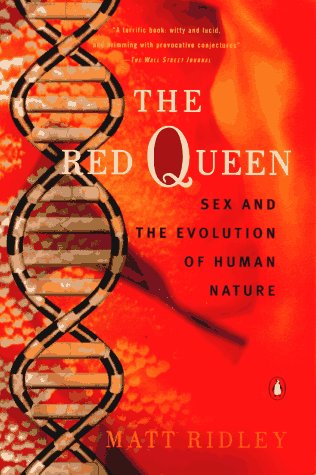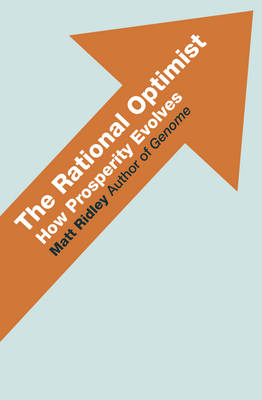P.S.
2 total works
Matt Ridley, acclaimed author of the classics Genome and Nature via Nurture, turns from investigating human nature to investigating human progress. In The Rational Optimist Ridley offers a counterblast to the prevailing pessimism of our age, and proves, however much we like to think to the contrary, that things are getting better.
Over 10,000 years ago there were fewer than 10 million people on the planet. Today there are more than 6 billion, 99 per cent of whom are better fed, better sheltered, better entertained and better protected against disease than their Stone Age ancestors.
The availability of almost everything a person could want or need has been going erratically upwards for 10,000 years and has rapidly accelerated over the last 200 years: calories; vitamins; clean water; machines; privacy; the means to travel faster than we can run, and the ability to communicate over longer distances than we can shout. Yet, bizarrely, however much things improve from the way they were before, people still cling to the belief that the future will be nothing but disastrous.
In this original, optimistic book, Matt Ridley puts forward his surprisingly simple answer to how humans progress, arguing that we progress when we trade and we only really trade productively when we trust each other.
The Rational Optimist will do for economics what Genome did for genomics and will show that the answer to our problems, imagined or real, is to keep on doing what we've been doing for 10,000 years – to keep on changing.

